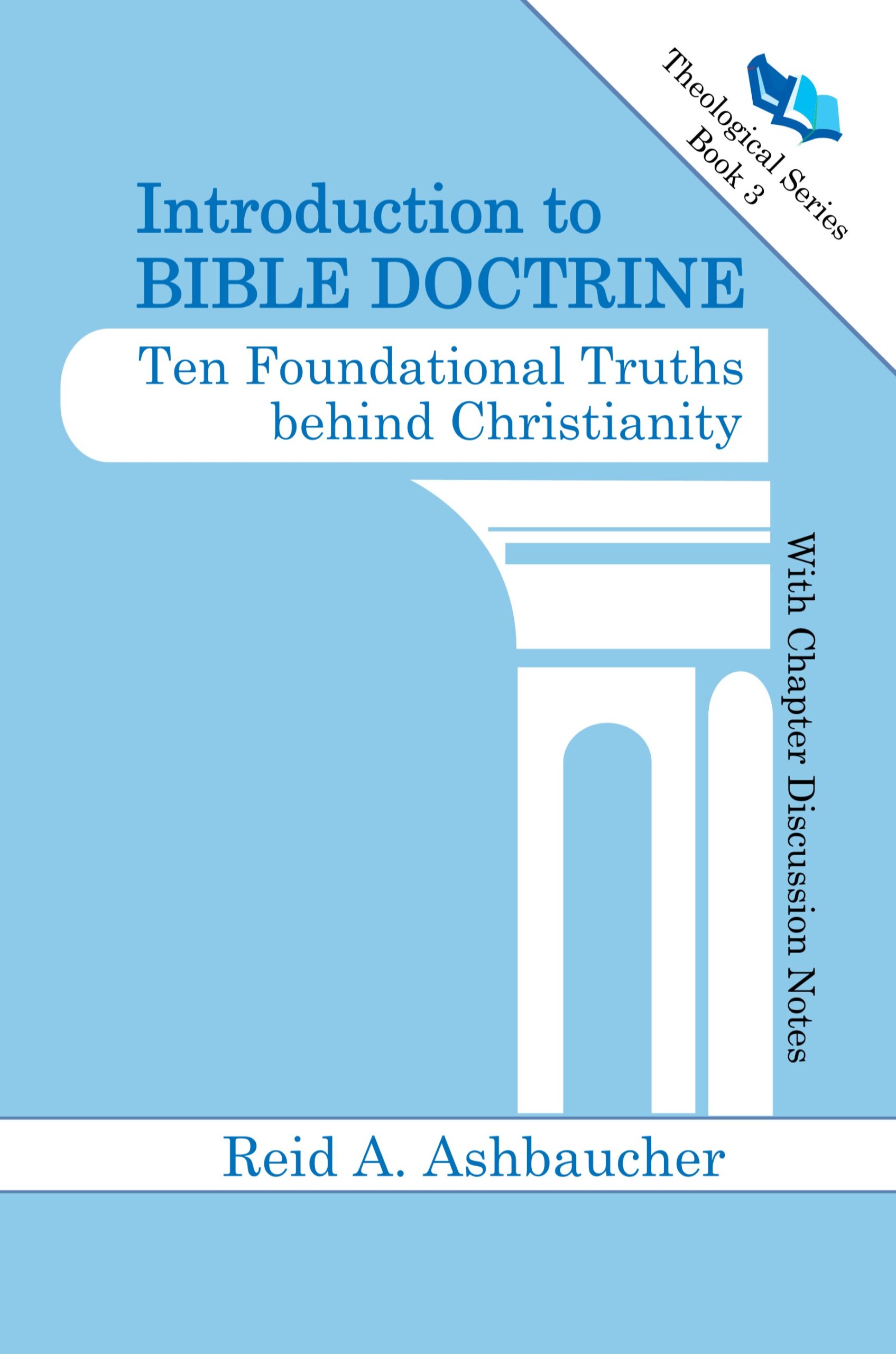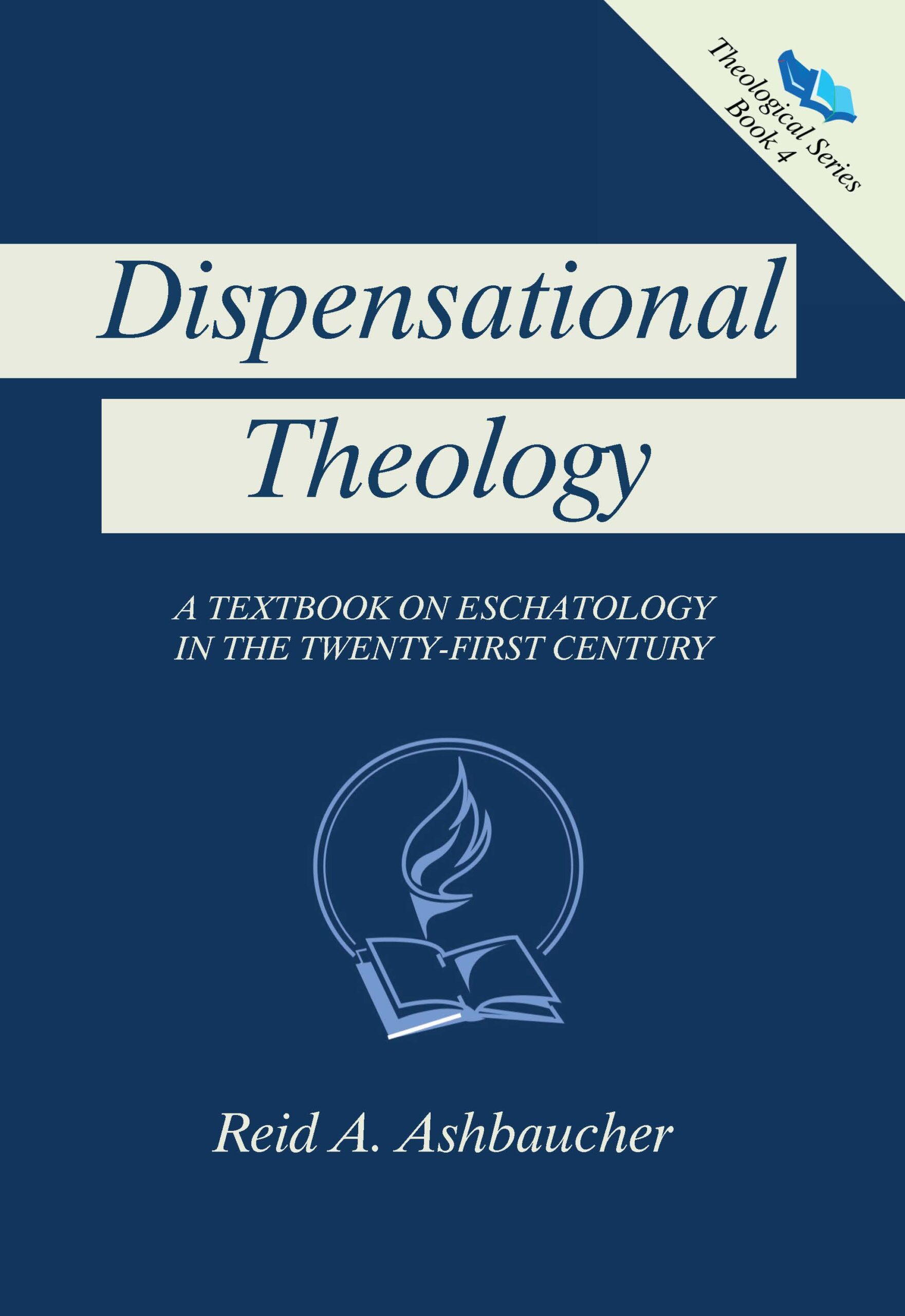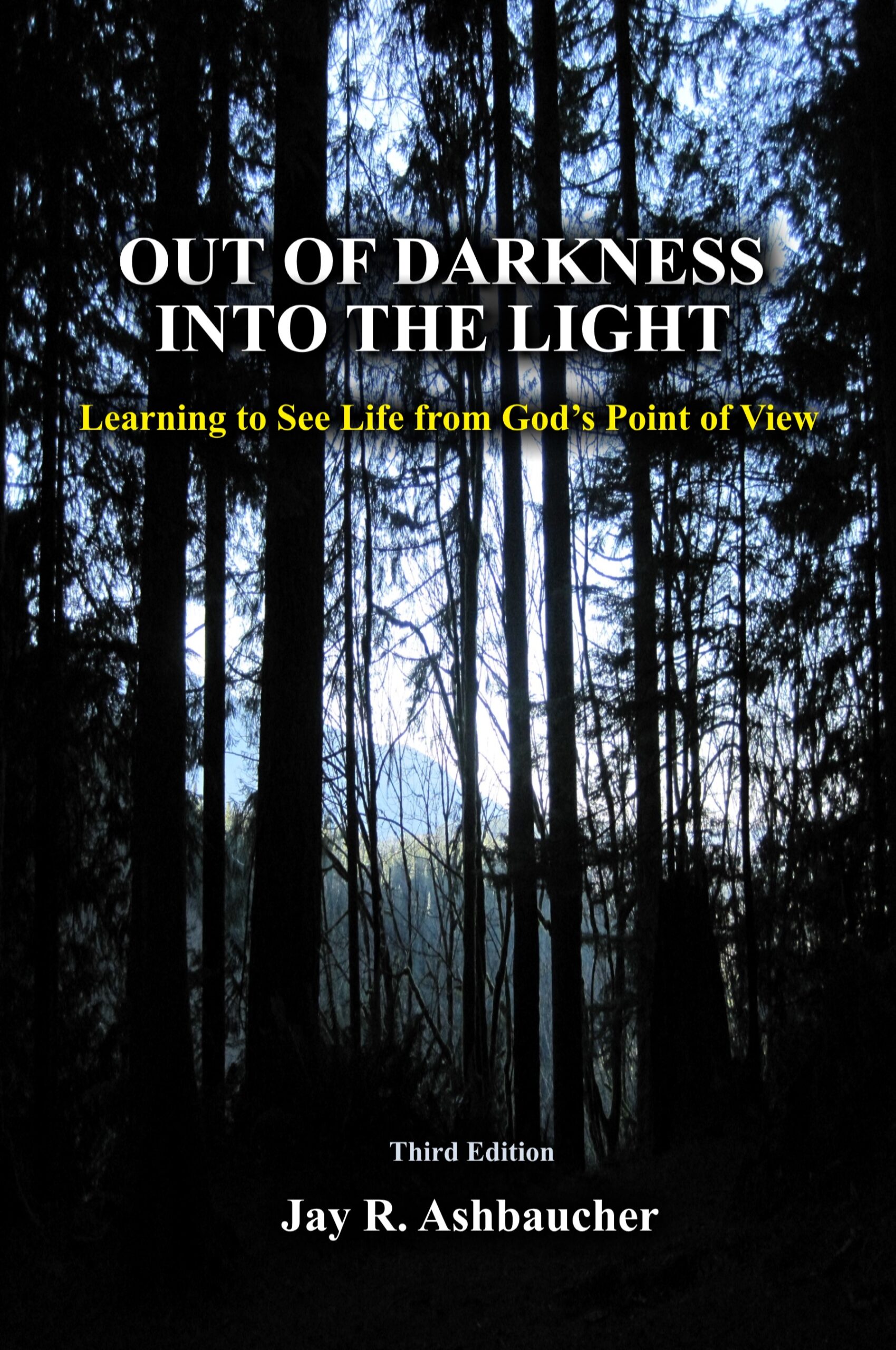by Abby Kelly
10/20/2014
If Ebola hadn’t singed the edge of my own world, I doubt it would have dramatically altered my prayer life.
Sure, there have been global crises, that for a window of time, like a blip on a radar, interrupted the usual, “Father, please take care of my family. You’re so good and loving and gracious. Thank you for Jesus, Amen.” I don’t mean to intimate that my prayer life has been inconsequential or entirely trivial, but I do write this article from a humbled heart.
Late September, I got a call from my husband while I was visiting my sisters several states away. Out of the wild blue, he told me that his unit, the 101st Airborne, had received orders to deploy to Liberia, Africa, with very short notice. For the first time, my interest (read: fear) was piqued enough to read past the blaring, redundant headlines and ask, with empathy, “What is going on?”
The Ebola virus is named for a river in the region of Central Africa where it was first discovered. It is classified as a hemorrhagic fever, meaning that victims exhibit flu like symptoms along with bleeding and bruising from places like the eyes and the gastrointestinal tract. Approximately half of those who contract Ebola die. Due to the gory symptoms and the startling fatality rate, Ebola has sparked pandemic fear. Or has it? What is your response? How do your neighbors and your church congregation feel?
Reactions run the gamut. In August, Ann Coulter called a courageous, Christian doctor living out his faith through mercy and caring for the poor in Africa, “idiotic”. Others clamor for a travel ban on people wishing to enter the U.S. from infected countries. Casual conversations now veer from the economy to ISIS and on to Ebola. We’re concerned most definitely. But is the collective body of Christ alert, compassionate and Christ-like enough to really do something?
To be honest, I’ve lost some sleep over the idea that my own husband will be breathing African air. And yet, at the same time, I haven’t changed my habits. Yes, my prayers now include a new variable when petitioning God for my husband’s safety and wellbeing. Most often, I tack on a few lines asking for God’s mercy on the ailing continent and protection for North America.
“All we can do now is pray.” We’ve all said that with the best intentions, but what do we mean? Do we mean that prayer is our final resort, as if God is the last ditch, cross our fingers, cosmic good-luck charm?
In this situation, quite literally for most of us, prayer is our only option. In truth, it is always our only real hope, but it should also be our first resort. And while we’re always praying and not losing heart (Luke 18:1), we should employ our compassion, our abilities as the hands and feet of Jesus in the ripe fields of wounded souls and broken bodies all around us.
Recently, Dr. Hinthorn, Professor of Medicine at the University of Kansas School of Medicine, wrote an article for the Focus on the Family blog, called “How Should We Respond to the Ebola Outbreak?”. He offered an interesting and relevant perspective:
“There are currently fewer than 8,000 cases of Ebola, with just over 3,400 deaths worldwide. Those numbers are tragic, but it might be instructive to compare them to the effects of influenza in the U.S. The CDC estimates that between 5 percent and 20 percent of the population gets the seasonal flu each year, resulting in well over a hundred thousand hospitalizations. Thousands of flu-related deaths occur annually, with more than 48,000 in the 2006-2007 flu season alone.” (October 8, 2014 Focus on the Family blog)
2 Timothy 1:7 gives specific instructions to Christians as to how we personally should respond to Ebola, “for God gave us a spirit not of fear but of power and love and self-control.”
The Greek word for strength is dynamis, meaning: “inherent power, power residing in a thing by virtue of its nature, or which a person or thing exerts and puts forth”. The only one with such inherent power is the God who has placed His Spirit in those who believe in Jesus Christ. We are uniquely equipped to respond to Ebola effectively.
James 5:16 says, “Therefore, confess your sins to one another and pray for one another, that you may be healed. The prayer of a righteous person has great power as it is working.”
So, whether we are physically equipped, as my husband, to offer hope in Africa through healing hands, or whether we have the distinct honor and responsibility to pray like never before, or whether we have family and friends, neighbors and colleagues to whom we can simply bring a cup of soup, let us not be afraid or discouraged (Joshua 10:25), grow weary in doing good (Galatians 6:9) or lose heart in our prayers.
Learn more about me on my website: http://predatory-lies.com/about-me/
Please find my book on Amazon: http://www.amazon.com/Surviving-Predatory-Lies-Anorexia-Kelly-ebook/dp/B00HFGMBJA/ref=sr_1_1?ie=UTF8&qid=1389645006&sr=8-1&keywords=predatory+lies
Article Source: http://www.faithwriters.com–CHRISTIAN WRITERS










